LATEST NEWS
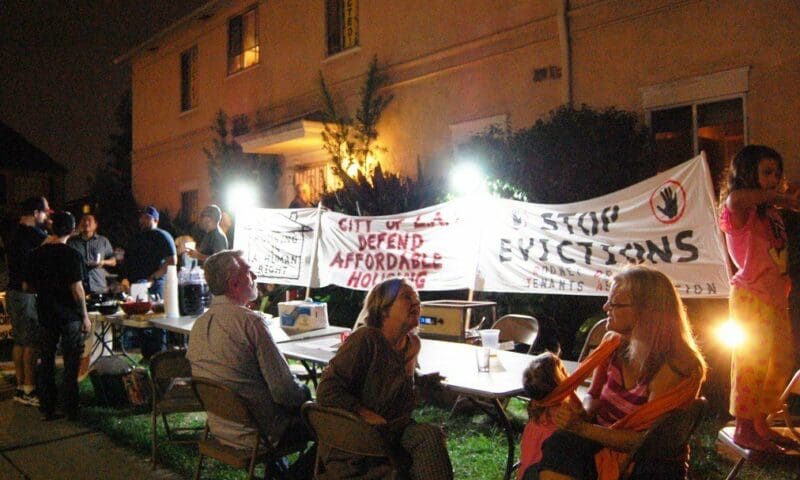

Renters across the country are having an increasingly difficult time keeping a roof over their heads, with Californians who search for affordable housing finding the task a particularly challenging one.


Here at the end of President Obama’s final term in office, we seem to be having the national conversation about race that he called for at the beginning of his candidacy in 2008.


Debate about parental leave has long focused on the benefits for working families and the supposed costs to employers. But more fundamentally, ensuring that new parents have the support and time they need to bond with their children is essential to public health and to infant development.
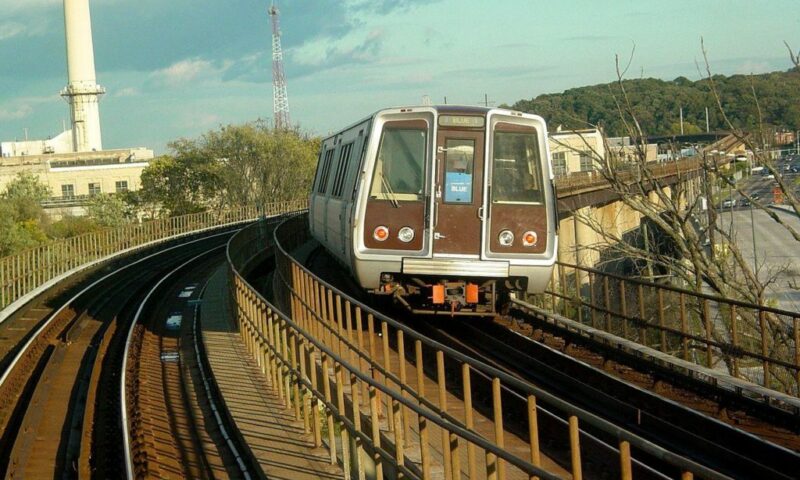

Two weeks ago, D.C.’s transit agency began taking bids from private companies to operate its parking facilities. In exchange for a big up-front payment, the winning company would collect fees from people parked at train stations for the next 50 years. Privatization would be foolish for a number of reasons.


Co-published by TIME
Mynor Rodriguez, a 39-year-old father of four who lives on the northwest side of Chicago, was working as a high school-educated graphic designer when he first saw an ad for a for-profit college run by ITT Educational Services. He was “enticed” to enroll, he says, when he visited a nearby suburban campus, whose admissions staff told him that they’d help him find a job right away upon graduation.


Since the Justice Department announced in mid-August that it will phase out its use of private facilities for Bureau of Prisons (BOP) prisoners, the stocks of the country’s two largest private prison companies have plummeted. But the companies already have a plan—in fact, they’ve been following it for years.


Seventy-seven years ago, in March 1939, Juan Fabian Fernandez of New Mexico opened a session of the National Congress of the Mexican and Spanish-Speaking Peoples of the United States in downtown Los Angeles. He stood out as the only Latino state legislator present, but he was not the only politico there.


Greg Keller’s play is set in 1992, and opens on a subway traveling north from Manhattan to the Bronx. Steve (Josh Zuckerman), middle-class and white, is reading War of the Worlds, and intent on ignoring the obstreperous behavior of a lanky black man, distinctly non-middle-class, who seems to be eyeing him from across the aisle.
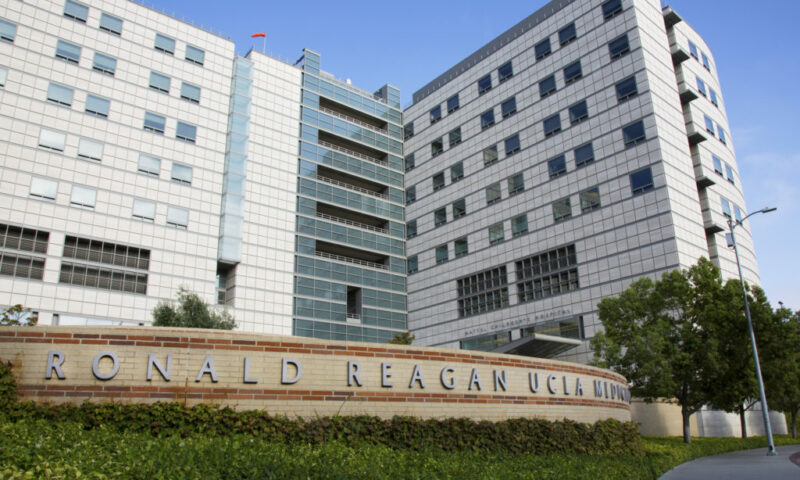

How do you get the best quality health care in the University of California’s renowned public medical system? At UCLA’s Ronald Reagan Medical Center it’s a gold-colored wallet card with a personalized number to call. When flashed from a gurney in the ER (or at a club to impress friends), the card means one thing: The patient in question is a VIP.


How do you get the best quality health care in the University of California’s renowned public medical system? At UCLA’s Ronald Reagan Medical Center it’s a gold-colored wallet card with a personalized number to call. When flashed from a gurney in the ER (or at a club to impress friends), the card means one thing: The patient in question is a VIP.


Aimee Roylance was thrilled when her son was accepted into Livermore Valley Charter School in 2010. “The experience overall was very positive,” she says. But she didn’t know what was going on behind the scenes.


“I’m always the bad Mexican,” Richard Alatorre states early in his new autobiography, Change From the Inside. In his 12 years in the California Assembly, Alatorre powerfully supported affirmative action, better farm-worker conditions, prison reforms and redistricting. He was the man in the black hat who used Machiavellian politics to help the white hats get things done.


One of the wryest moments in Karen Rizzo’s insightful one-act comes when Lee (Mark Carapezza), a sculptor attending a dinner party with his wife, blinks with bewilderment as he clutches a glass of $2,500-a-bottle Scotch in one hand and a goblet of chichi red wine in the other.


Vivian Rothstein reports on a theater program for California inmates.


Co-published by The Nation
Alissa Quart reports on teachers who drive for Uber.


Lovell Estell III: Will a major university be without childcare services?


Everybody knows that sunflowers turn their heads toward the sun. But until now no one knew whether the movement simply followed the sun’s arc, or whether some internal rhythm guided the plants. Now we have a clue.
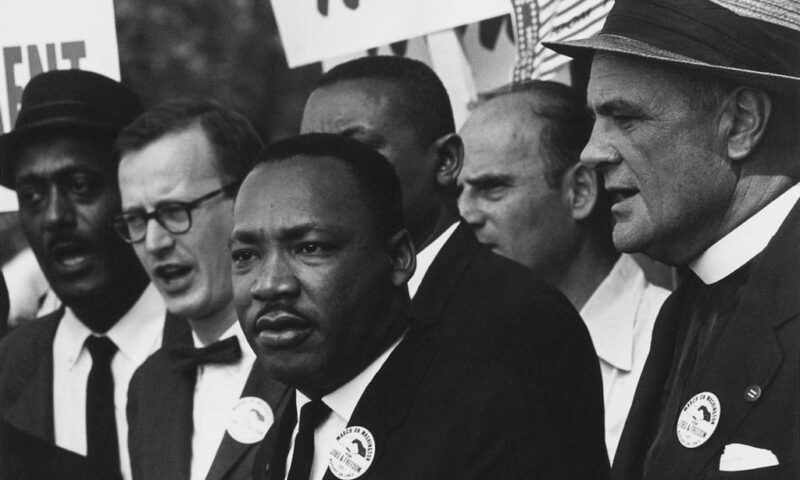

Most Americans today know that Reverend Martin Luther King Jr. was killed in Memphis, Tennessee in 1968, but few know why he was there. King went to Memphis to support African American garbage workers, who were on strike to protest unsafe conditions, abusive white supervisors, and low wages — and to gain recognition for their union.
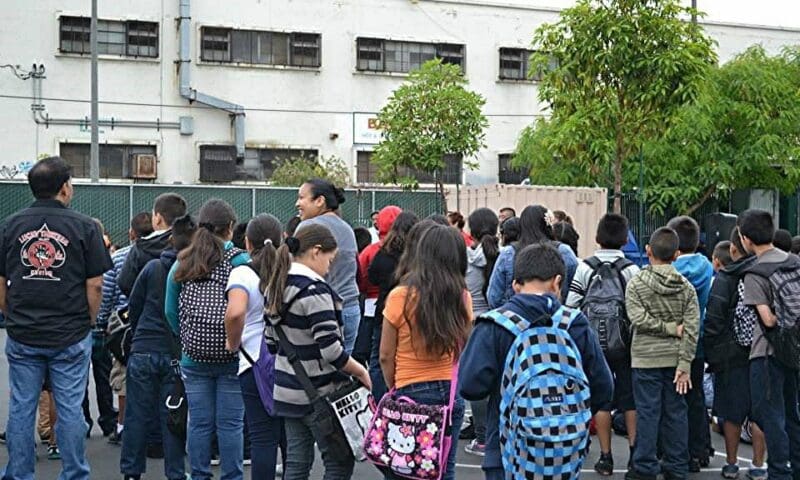

When the Olympics ended so did a multimillion-dollar assault on democracy. From the start of the games in Rio to the closing ceremony, television viewers in Massachusetts had been bombarded with a $2.3 million ad campaign funded by Wall Street.
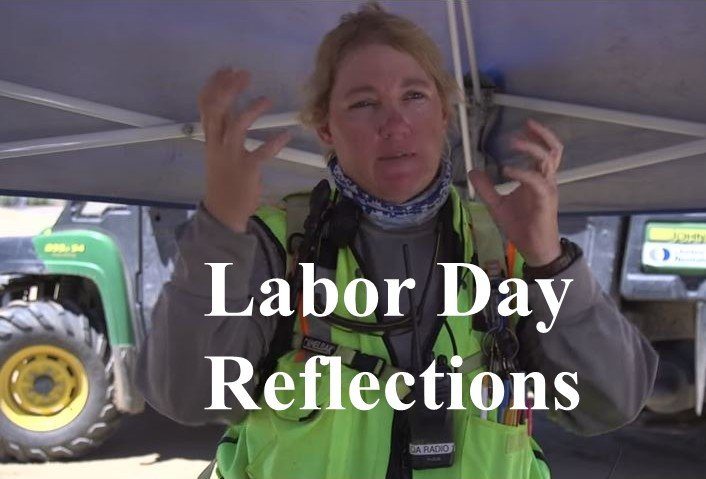

With good union training, wages and benefits, Cathy Nichols, a single mother, was able to provide for herself and her son without fear of impoverishment or medical calamity.